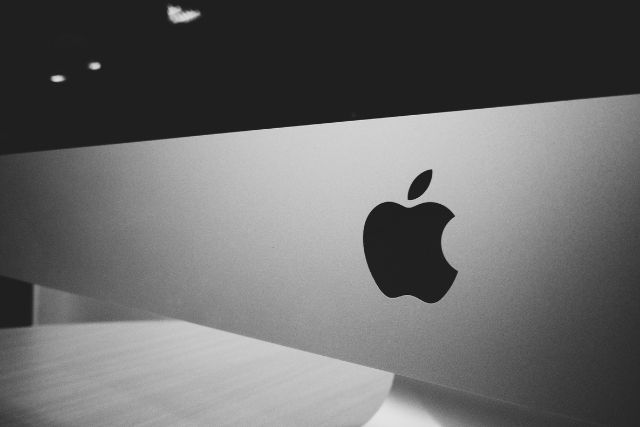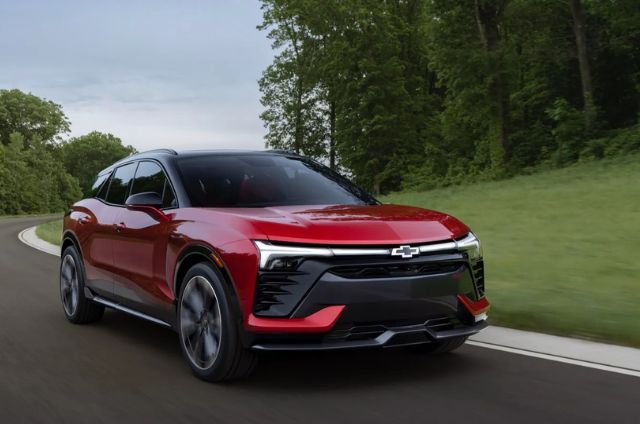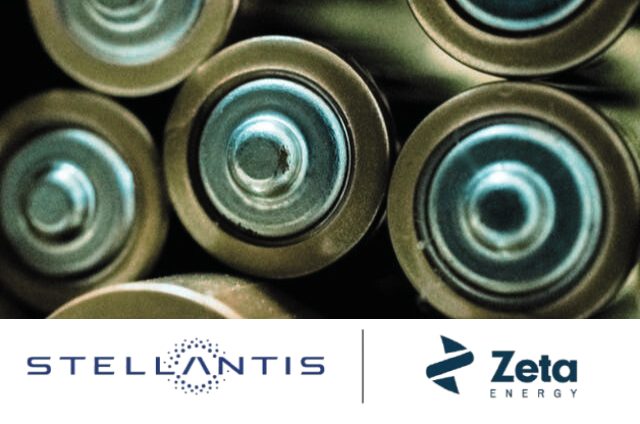Only days ago, it was uncovered that Apple Inc. quietly collaborated with Chinese automaker BYD in a decade-long secret project aimed at developing cutting-edge electric vehicle (EV) battery technology. This joint effort, which began in 2017, was part of Apple’s ambitious, yet now-abandoned, plan to enter the automotive market. The tech giant reportedly invested around $1 billion annually into this endeavor, hoping to revolutionize the EV landscape.
Apple’s collaboration with BYD focused on lithium iron phosphate (LFP) batteries, a technology that offers significant advantages over traditional lithium-ion cells. LFP batteries are safer, last longer, and are more cost-efficient, making them ideal for electric vehicles. This partnership sought to enhance the range and performance of EVs, ensuring Apple’s future vehicles would stand out in a highly competitive market.
Despite the project’s secrecy, sources familiar with the matter have disclosed that Apple played an active role in customizing BYD’s LFP technology to meet the requirements of its vehicle project. Apple’s engineers, with their expertise in heat management and advanced battery packs, worked closely with BYD to push the boundaries of battery technology.
BYD’s Blade Battery
Although Apple’s automotive dreams didn’t materialize, the collaboration bore significant fruit for BYD. The Blade battery, now a key component in BYD’s EV lineup, owes much of its development to this partnership. While BYD retains full intellectual property and patents for the Blade battery, Apple’s influence is evident in the sleek design and improved safety features that define this technology.
The Blade battery, known for its slim structure and higher energy density, offers a safer alternative to conventional batteries, significantly reducing the risk of overheating. It now powers BYD’s entire range of electric vehicles, a testament to the collaboration’s success. In 2023 alone, BYD sold 3 million EVs and hybrids, cementing its position as the largest automaker in China by sales.
Despite the advances made in battery technology, Apple’s car project faced numerous delays and challenges. Competing priorities, economic pressures, and the complex realities of the EV market led to the project’s cancellation in February 2024. Apple has since distanced itself from the partnership with BYD and explored other battery technologies, shifting focus to initiatives in robotics and AI.
What’s Next for Apple and BYD?
Though Apple’s car project was shelved, the insights gained from this decade-long venture are now being applied to other products. The advancements in battery technology have found their way into Apple’s Vision Pro headset and AI-powered devices, highlighting the company’s ability to repurpose innovation across different sectors. While the EV dream may be on hold, Apple’s drive for innovation shows no signs of slowing down.
Apple’s secret partnership with BYD offers a rare glimpse into the tech giant’s ambitious vision and relentless pursuit of game-changing technology.



